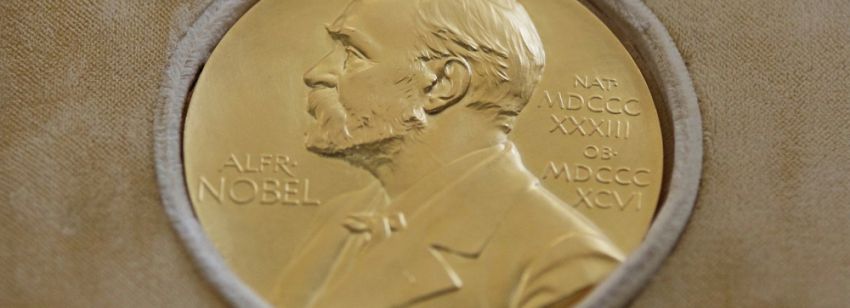The Medicine Nobel Prize 2018 and active ingredients in the German pharma market
About the author

Prof. Matthias P. Schönermark, M.D., Ph.D.
Founder and Managing Director
Founder and Managing Director
Fon: +49 511 64 68 14 – 0
Fax: +49 511 64 68 14 18
Fax: +49 511 64 68 14 18
J. P. Allison has been researching an antibody for the molecule CTLA-4 since the 1990s. Based on this research, the active ingredient Ipilimumab was developed and approved for the treatment of melanoma in 2011. The treatment showed a significant effect on the overall survival of patients (indication for a considerable additional benefit according to G-BA in the first AMNOG process, 2012). Ipilimumab is effective in the patient's immune system and ensures that the patient's own immune system is able to fight cancer cells better. In patients, the molecule CTLA-4 blocks the activation of T cells and thus prevents their targeted attack on the cancer cells. The administration of the CTLA-4 antibody (Ipilimumab) in turn inhibits CTLA-4, thereby strengthening the T-cell-mediated immune response. In contrast to the therapies established to date, the focus is no longer on the cancer cells as the target of the therapies, but on the so-called T-cells, i.e. the body's own defenses, of the patient.
In contrast, Tasuku Honjo investigated another immune checkpoint inhibitor, an anti-PD-1 antibody, which also activates the body's own T-cells and is even more effective. Based on this research, two active substances were launched on the German market in 2015 - Prembrolizumab and Nivolumab. These are also approved for the treatment of advanced melanoma, followed in subsequent years by indication extensions for non-small cell lung cancer, Hodgkin's lymphoma, renal cell carcinoma, squamous cell carcinoma of the head and neck and urothelial carcinoma.
The efficacy of checkpoint inhibitors is currently being researched in other types of cancer as well as monotherapy and combination therapy, giving hope to many patients who were previously considered incurable.
SKC is supporting pharmaceutical companies with the market access of innovative therapies in Germany and Europe. Corresponding information of our services can be found at our service portfolio.
BY Prof. Matthias P. Schönermark, M.D., Ph.D., managing director and Thora Mrosowsky, M. Sc. Health Economics
Sources:
Ärztezeitung: Wofür der Medizin-Nobelpreis vergeben wurde (German only)
Süddeutsche Zeitung: Medizin-Nobelpreis für Durchbruch in der Krebstherapie (German only)
G-BA: Informationsarchiv (German only)
